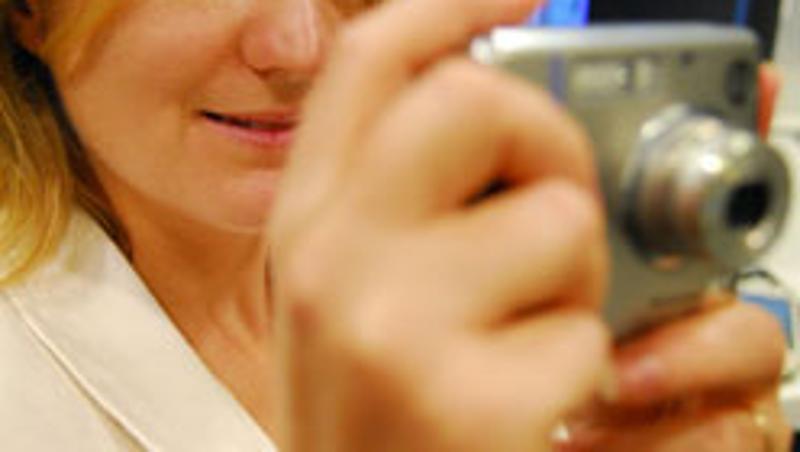
People over 40 are slower at using technology than younger people, even when they might be experienced with it, Queensland University of Technology researchers have found.
The research team has also found that gender and education make no significant difference to how quickly people grasp technology.
QUT design lecturer Thea Blackler tested various people's "intuitive" use of interactive devices as part of her PhD research.
Ms Blackler said it was a concern that even technologically-savvy older people experienced "more difficulty" with new technology, as our ageing society increasingly depended on it.
She said many older people, particularly over-65s, needed to be able to use technology to manage personal security devices, basic household items and health products such as diabetes monitors.
Ms Blackler - along with research partners Professor Vesna Popovic, also from the School of Design, and Dr Doug Mahar from QUT's School of Psychology and Counselling - has applied for funding to find out how older people interact with complex devices and how their design can be improved.
"When people use new interfaces, they rely on their intuition, which is based on previous knowledge and experience," Mrs Blackler said.
"For example, they might recognise the 'power' symbol from their computer on a remote control, and intuitively know that button will turn the DVD player on.
"There seems to be some problem with the way older people access their experience and we don't know exactly why - it could be because their experiences are not relevant to contemporary products."
Ms Blackler used the Human-Centred Design Research and Usability Laboratory at QUT to run experiments with digital cameras and universal remote controls in order to find out how to design products which allow intuitive interaction.
"When designing a new product, designers should bring well-known functions across from other products and be consistent in the appearance and location of those functions," she said.
"If a function doesn't exist anywhere else, users need a metaphor, such as the one used to make computers understandable; a 'desktop' with files, folders and a recycle bin."
Ms Blackler said that, as more and more new products emerged, it was important for designers to follow these principles to make devices intuitive, so as not to leave users behind.
Now that she has successfully completed her PhD, the researcher is working on a model to equip designers with a process for identifying who users are, what they are familiar with and how to best utilise function, appearance and location of product features.




